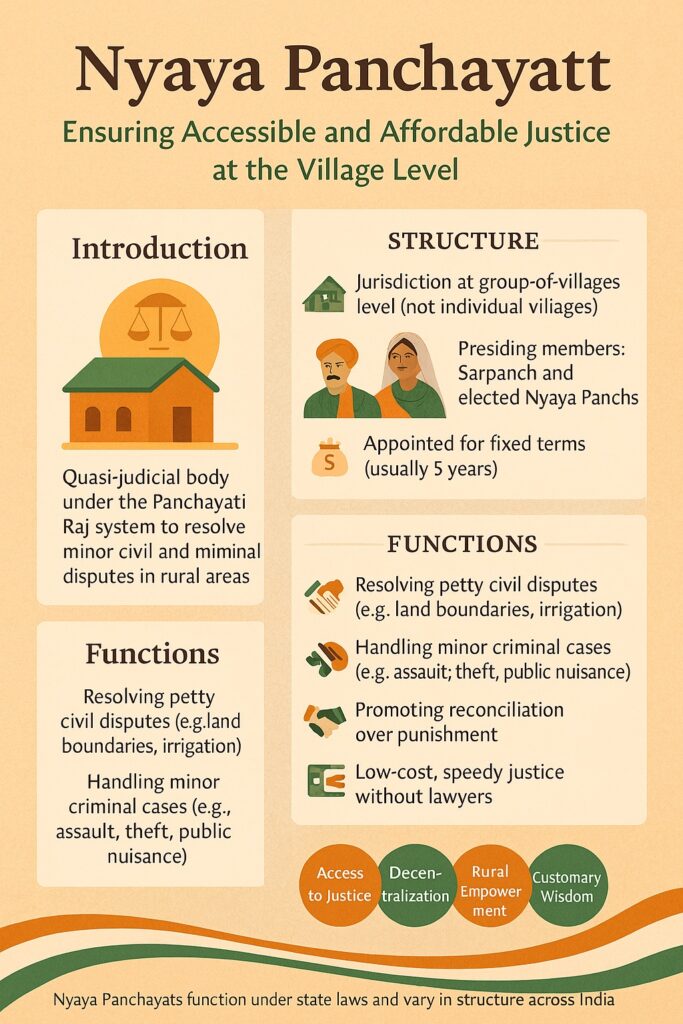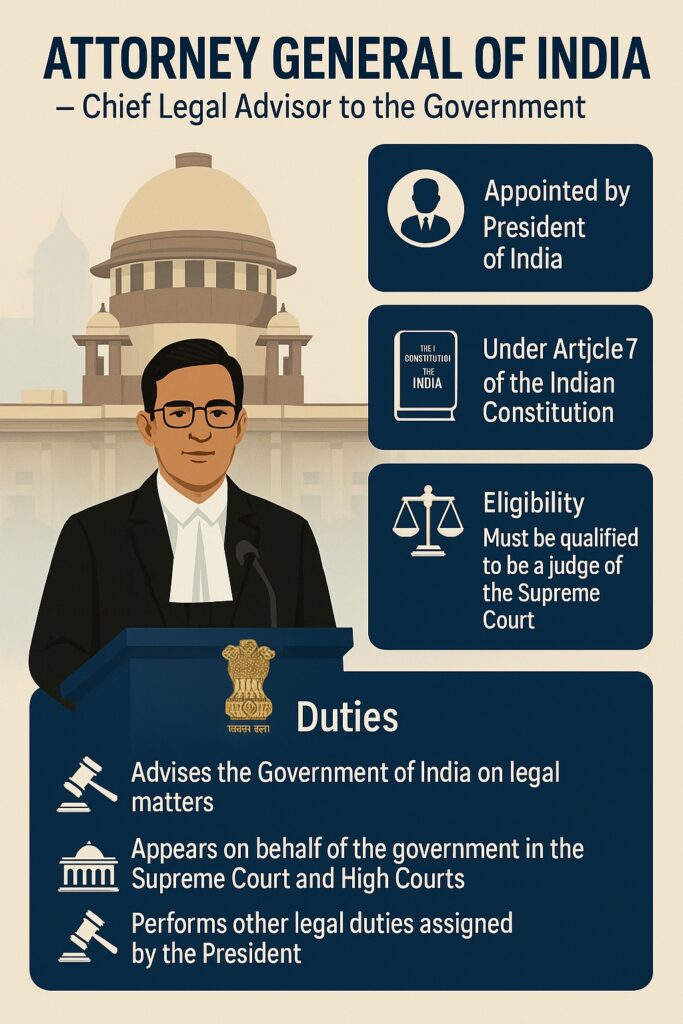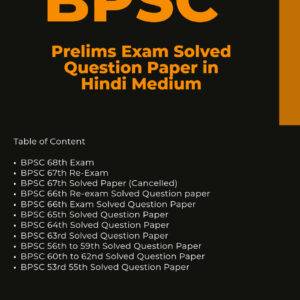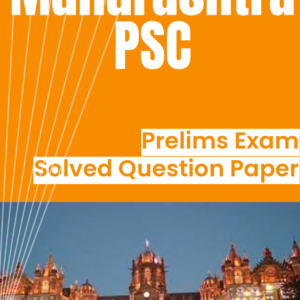Sample Questions from e-Book
Q. Which of the following statements are correct in respect of the Election Commission of India?
- It is an autonomous Legal Body.
- Part XV of the Indian Constitution deals with the Elections and the Election Commission.
- The Election Commission was established on January 25, 1950.
- Article 328 provides a bar on the interference of Courts in electoral matters.
(A) 2 and 3
(B) 1 and 4
(C) 3 and 4
(D) 2 and 3
Ans: (A)
Solution: Statements 2 and 3 are correct.
The Election Commission of India (ECI) is an autonomous Constitutional Body, established directly by the Constitution of India. It is not created by an Act of Parliament, which would make it a “legal body.” So, Statement 1 is incorrect.
Part XV of the Indian Constitution deals with Elections and the Election Commission (Statement 2).
The Election Commission of India was established on January 25, 1950 (Statement 3).
Statement 4 is incorrect because Article 329, not Article 328, provides a bar on the interference of courts in electoral matters.
Q. Which of the following Committees recommended for the creation of ‘Nyaya Panchayats’ at the village level?
(A) L.M. Singhvi Committee
(B) G.V.K. Rao Committee
(C) Mohan Kanda Committee
(D) Ashok Mehta Committee
Ans: (D)
Solution: The Ashok Mehta Committee recommended the creation of ‘Nyaya Panchayats’ at the village level. This committee aimed to revitalize the Panchayati Raj system and suggested a two-tier structure instead of the existing three-tier system.

Q. Which of the following statements are correct in respect of ‘Attorney General of India’?
- Attorney General of India is a part of Indian Judiciary.
- Attorney General of India is appointed by the President on the advice of the Chief Justice of India.
- The term of office of the Attorney General of India is not fixed by the Constitution.
- Attorney General of India has the right to take part in the proceedings of both Houses of Parliament.
(A) 1, 2, and 4
(B) 2 and 3
(C) 1 and 3
(D) 3 and 4
Ans: (D)
Solution: Statements 3 and 4 are correct. The term of office of the Attorney General of India is not fixed by the Constitution (Statement 3). The Attorney General of India has the right to take part in the proceedings of both Houses of Parliament but without the right to vote (Statement 4). Statement 1 is incorrect because the Attorney General is part of the executive, not the judiciary. Statement 2 is incorrect because the Attorney General is appointed by the President but not on the advice of the Chief Justice of India.




